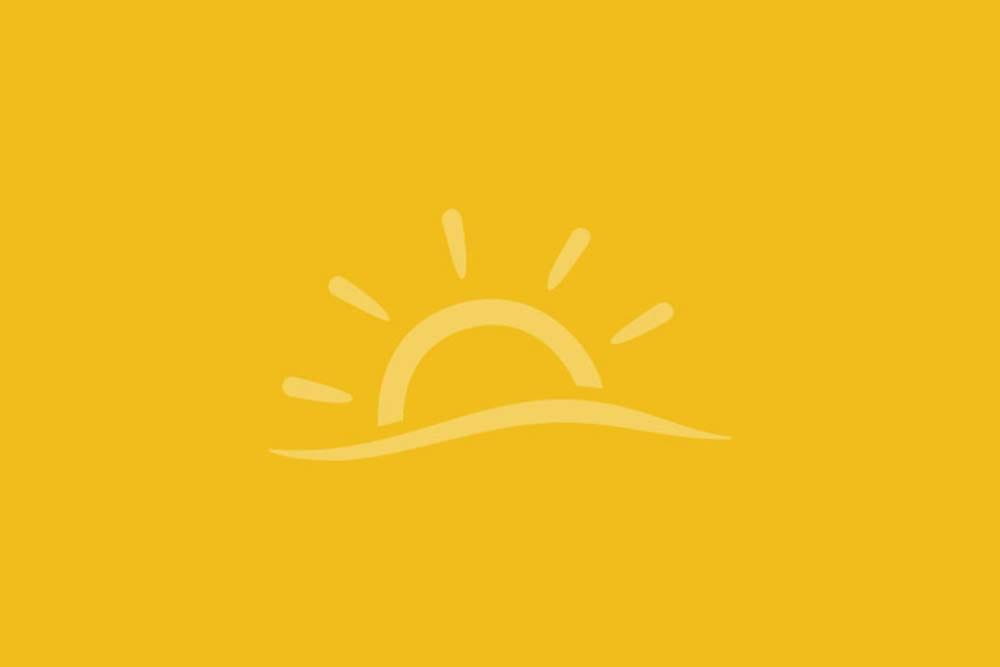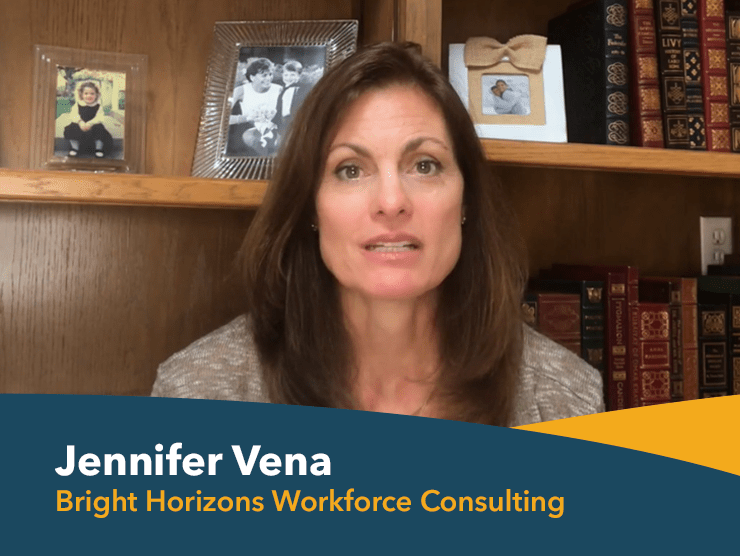I'm back from a few content rich days in Seattle, host to the ASHHRA 2017 conference. The attendee bags included a package of Starbucks' Pike Place Roast, a signal that this was a very fitting locale for coffee and conversation.
New to the conference, I asked a few regular attendees what kept them coming back, and they consistently cited the breadth of topics - all fixed specifically on the healthcare market. This year's event didn't disappoint, with sessions ranging from critical population health to HR analytics to financial wellness.
Yet, as with any good conference, some of the most insightful comments were shared at breaks, over meals, and in the exhibit hall. Here's what stood out to me:
"There is a years-long wait list for day care and after-school programs," she said. In response, her organization is looking at ways to add child care capacity for their workforce in order to motivate more nurses to join.
In contrast, a conversation at lunch with a senior workforce development leader at a large southwestern healthcare system centered on stemming turnover for first- and second-year nurses. They had enough new nurses joining the ranks, and were fine-tuning their benefits and career progression programs to help more nurses stay on for long-term careers.
Where a few years ago a "financial wellness" program may have been a separate effort with its own budget and objectives, today "financial wellness" is morphing into a mission for all benefits. HR leaders in healthcare and beyond are asking, "How can the programs we're offering today do more to reduce financial stress from our employees?" And they're getting more value from their investments as a result.
Studies point to better health outcomes when nurses have more education credentials. Our own recent study with American Nurse Today also shows a link between BSN attainment and nurse engagement. Yet, roles across the healthcare spectrum require ongoing education, and employees are looking for support finding and paying for those programs.
One HR SVP noted that her organization was in the process of designing an education benefit for non-clinical staff that could meet those needs; such a program would nicely complement the existing program that's been fine-tuned for nurses and physicians, and so seems like a savvy move.
New to the conference, I asked a few regular attendees what kept them coming back, and they consistently cited the breadth of topics - all fixed specifically on the healthcare market. This year's event didn't disappoint, with sessions ranging from critical population health to HR analytics to financial wellness.
Yet, as with any good conference, some of the most insightful comments were shared at breaks, over meals, and in the exhibit hall. Here's what stood out to me:
Nurse shortages vary significantly from region to region
A colleague asked numerous attendees whether they were having trouble keeping enough nurses on staff. Some knocked on wood and said they've been able to keep up, while others reported concerns. Notably, several HR leaders representing rural hospital systems acknowledged that competing for talent with larger systems was an ongoing challenge. One woman shared that two primary considerations are a "trailing spouse" (a husband or wife with employment in a different city who feels unsure about finding similar work in a rural area); and the lack of child care supply."There is a years-long wait list for day care and after-school programs," she said. In response, her organization is looking at ways to add child care capacity for their workforce in order to motivate more nurses to join.
In contrast, a conversation at lunch with a senior workforce development leader at a large southwestern healthcare system centered on stemming turnover for first- and second-year nurses. They had enough new nurses joining the ranks, and were fine-tuning their benefits and career progression programs to help more nurses stay on for long-term careers.
Financial wellness is a catalyst for benefits enhancements
Several conversations started with an inquiry like this: "We've heard employees ask for more help managing their finances, and are rolling out a new financial wellness program. How does your service fit into that goal?" This holistic approach seems to be gaining steam, as I've heard similar strategies from several client companies.Where a few years ago a "financial wellness" program may have been a separate effort with its own budget and objectives, today "financial wellness" is morphing into a mission for all benefits. HR leaders in healthcare and beyond are asking, "How can the programs we're offering today do more to reduce financial stress from our employees?" And they're getting more value from their investments as a result.
Benefit equity is in focus
While recruitment and retention efforts for clinical staff have dominated the news cycles in recent years, the HR leaders I spoke with were acutely aware that they needed to provide a compelling value proposition for employees in all roles. Nurses have been the beneficiaries of robust educational assistance and workforce development programs; and for good reason.Studies point to better health outcomes when nurses have more education credentials. Our own recent study with American Nurse Today also shows a link between BSN attainment and nurse engagement. Yet, roles across the healthcare spectrum require ongoing education, and employees are looking for support finding and paying for those programs.
One HR SVP noted that her organization was in the process of designing an education benefit for non-clinical staff that could meet those needs; such a program would nicely complement the existing program that's been fine-tuned for nurses and physicians, and so seems like a savvy move.





